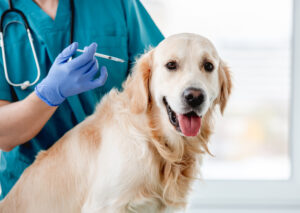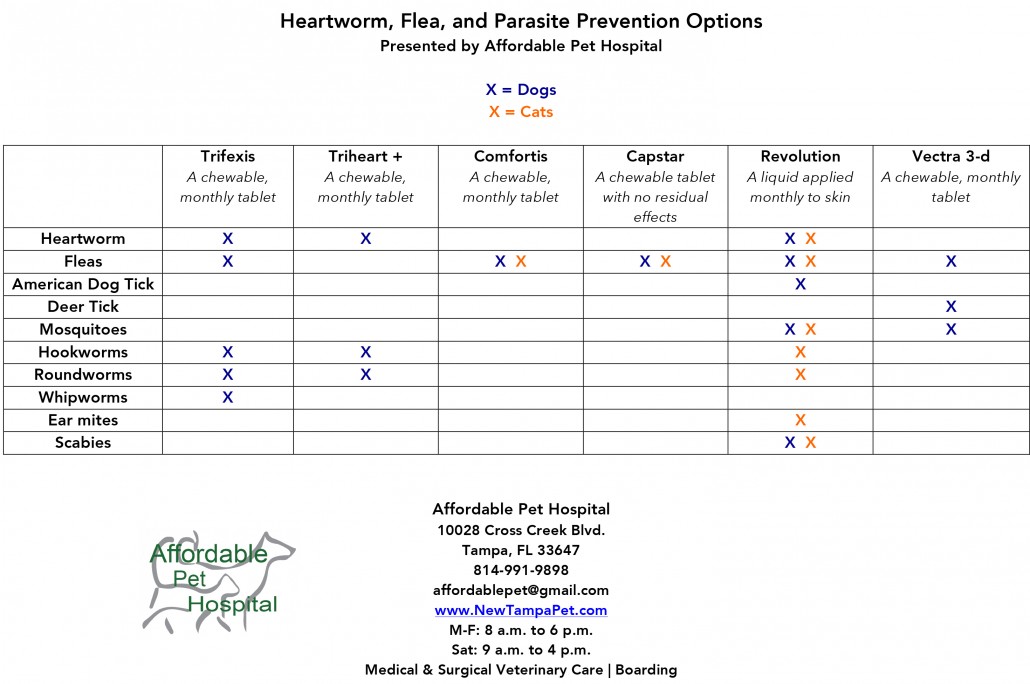Essential Vaccinations Every Pet Needs: A Guide for Pet Owners
 All responsible pet owners make their furry friend’s health a top priority. Vaccinations are a great way to protect your dog or cat from common and preventable diseases which can sometimes be life-threatening. At Affordable Pet Hospital in Tampa, we offer a full range of dog and cat vaccinations to keep your pets healthy and happy throughout life. Let’s find out more about why vaccinations are so important for pets and which ones your pets need.
All responsible pet owners make their furry friend’s health a top priority. Vaccinations are a great way to protect your dog or cat from common and preventable diseases which can sometimes be life-threatening. At Affordable Pet Hospital in Tampa, we offer a full range of dog and cat vaccinations to keep your pets healthy and happy throughout life. Let’s find out more about why vaccinations are so important for pets and which ones your pets need.
Why Are Vaccinations Important?
Vaccinations are an essential tool in every pet owner’s toolbox, helping to prepare their pet’s immune system to fight off dangerous pathogens if they are exposed. Vaccinations work by introducing a very small amount of a virus or bacteria into the animal’s system, triggering their immune system to recognize the substance and respond by releasing disease-fighting cells. Then, if the pet is exposed to the same pathogen again in their environment, their immune system already knows exactly what to do, greatly reducing the pet’s chance of picking up and spreading the disease.
Core Vaccinations for Dogs & Cats
Core vaccines are those that we recommend for all pets, and they differ between dogs and cats. Some are given as part of a combination injection, while others are administered separately. We recommend the following core vaccines for our patients at a minimum:
Dogs
- Rabies
- Distemper
- Parvovirus
- Canine Hepatitis
Cats
- Rabies
- Feline Viral Rhinotracheitis, Calicivirus, & Panleukopenia (FVRCP)
- Feline Leukemia Virus (FeLV)
Other Vaccinations for Dogs & Cats
While core vaccines are recommended for all dogs and cats across the board, the following vaccines, among others, may also be recommended depending on your pet’s needs, environment, and lifestyle:
- Bordetella (Kennel Cough)
- Lyme Disease
- Leptospirosis
Our vets will discuss these lifestyle vaccines with you to help you make an informed decision about whether or not these are right for your pets.
When Should Your Dog or Cat Be Vaccinated?
We recommend that puppies and kittens start their vaccinations at a wellness check between six and eight weeks old. Booster shots may be given at following visits until the puppy or kitten is around four months old. For older dogs and cats, our vets will develop a customized vaccination treatment plan based on their age, medical concerns, and lifestyle. Following the vet’s recommended vaccine schedule is very important to ensure your pets are fully protected.
Protect Your Pet Today With Vaccines at Affordable Pet Hospital
Keep your dogs and cats safe from preventable diseases by starting their recommended vaccinations today. At Affordable Pet Hospital, we offer a full range of safe and effective vaccines for all stages of your pet’s life. To schedule your pet’s wellness check and vaccination appointment, contact us at 813-991-9898 or request an appointment online today!


